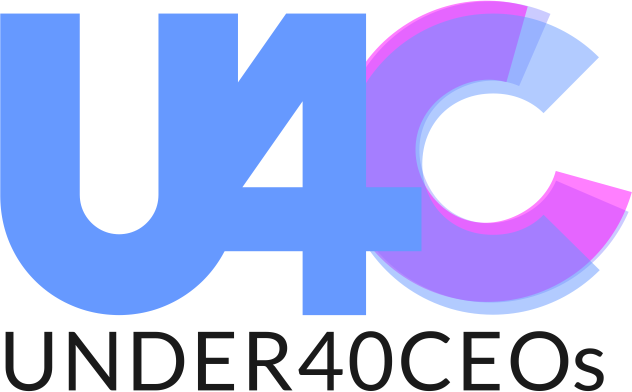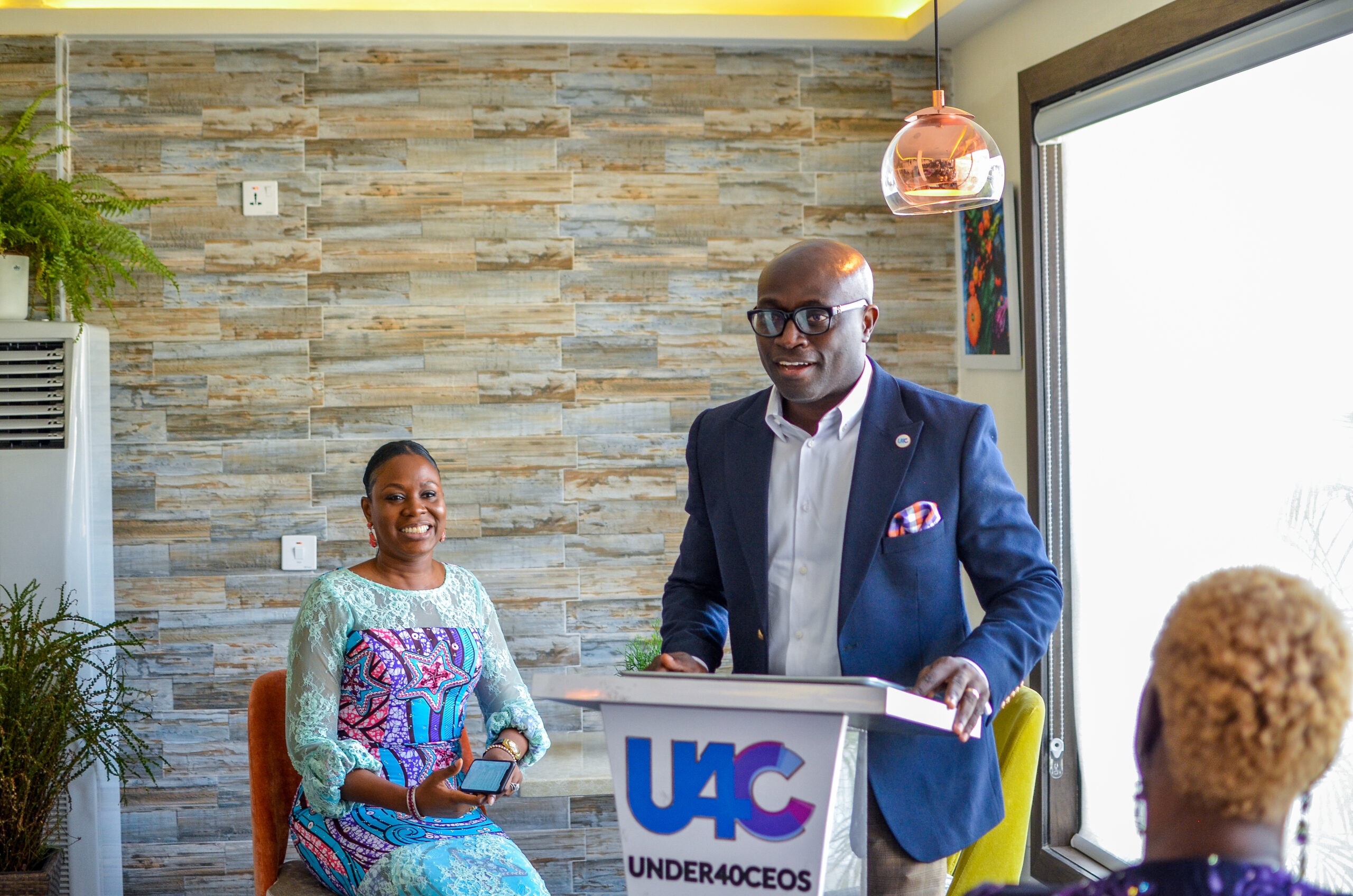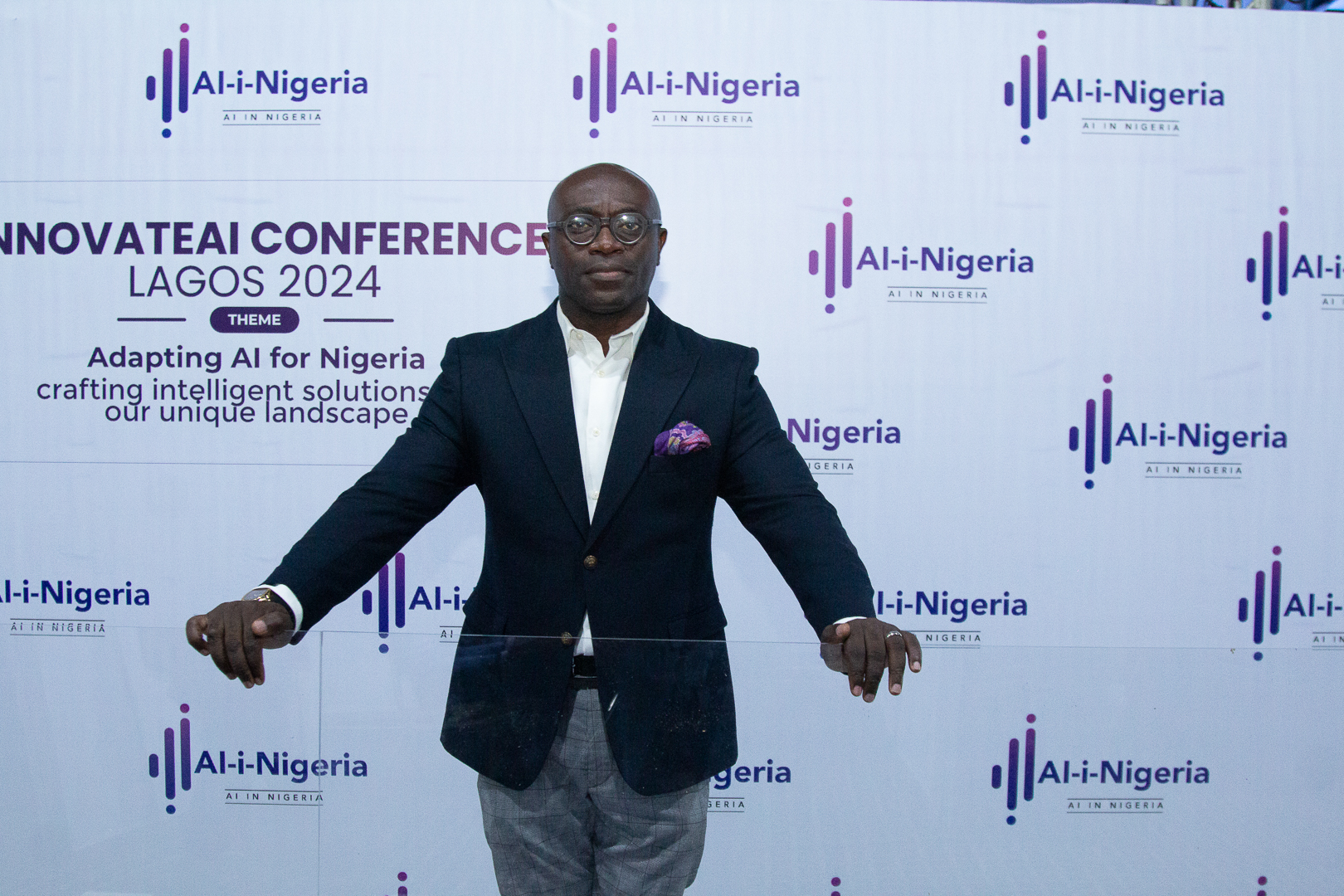To commemorate 2020 International Women’s Day Under 40 CEOs in collaboration with Nakenohs Boulevard held its first International Women’s Day MeetUp in Lagos on Sunday, 8th March, 2020.
The venue was filled to its capacity with business leaders and entrepreneurs from various sectors anxious to learn about running a profitable business and scaling up.

The Executive Director for Africa at Under 40 CEOs, Familusi Akin Babajide in his opening remarks spoke about what the organisation stands for. In his words,
You know how young Africans struggle to start a business, struggle to sustain a business, struggle to build and scale the business, struggle to raise money for their business? Well, Under 40 CEOs is that organization that recognizes that the struggle is real and hence we have built a community of young African business leaders charged with firstly helping you identify why you’re struggling so much and then fix it, build an impactful business with legacy at its foundation then we put you on display for the next generation of business leaders to look up to for inspiration, motivation and information.
Speaking about why it was important for him to be in the room been that the event was held to celebrate International Woman’s Day, he said,
I have just five minutes starting now to defend why I should be in this room in the first place. It’s so obvious I am not a woman, isn’t it? So here’s my case for being here – Firstly, I was born of a woman. I know that is weak but follow me, I’m going somewhere. I was born the first of 4 children, the only boy with three sisters. I lived in a household where relatives were welcome to stay hence besides my dad I who were male, I had at least 7 females raise me. Today I am raising 2 amazing children, aged 8 and 6 and both are girls! So tell me, why shouldn’t I be in a room addressing what their future will be?

The executive Director also spoke about not been able to find enough female business leaders in Africa.
“In the first season of Under 40 CEOs on television, I told the team we must search out and find a total of 52 male and female young business leaders running businesses with an annual revenue of $1million in Nigeria, Ghana and South Africa. Of the 52 we found only 15 ladies. For season 2 we went on the same quest and included Rwanda and found only 13 Ladies.”
What was the challenge, why couldn’t we find enough women building businesses? I believe we will address this during the course of this meeting as I strongly believe there are certain beliefs and systems that have made this so. This also tells me that there is a strong inequality gap that we need to actively work to bridge.
Speaking on Gender inequality, the Executive Director said
“While thinking about what I would be talking about I stumbled on some statistics about gender inequality that will put the need for equality in perspective:
- If we closed the wage and participation gaps (such that women around the world participated in labor markets at the same rate as men), it would add $28 trillion—or 26%—to the global economy by 2025, according to McKinsey’s estimates. This is why so many of us have begun to say gender parity is not a women’s issue—it’s an economic imperative.
- It will take 202 years to close the global economic gender gap at our current rate of progress, according to the World Economic Forum. Two centuries is far too long to wait.
- Cost is one of the major challenges for families. In Care.com’s fifth annual Cost of Care survey, 70% of parents told us they’re paying a higher percentage of their household income for child care than the Department of Health and Human Services considers affordable. (For the record: that’s 7-10%.) With math like that, it’s no wonder many mothers are asking themselves if it pays to work.
- The gender gap in political power is larger than the gender gap in economic power—but in politics, the tides may be turning. Following the election of a record number of women to the US Congress in 2018, at least four women are running for president in 2020. What are the statistics in Nigeria and do we have more women who can invariably effect policies running?
While concluding his speech, he said,
Under 40 CEOs, International Women’s Day is a call to action for accelerating gender parity so that all, including every woman in this room and my daughters and females unborn can succeed and thrive.
He also encouraged everyone present to become a member of the Under 40 CEOs Network.










